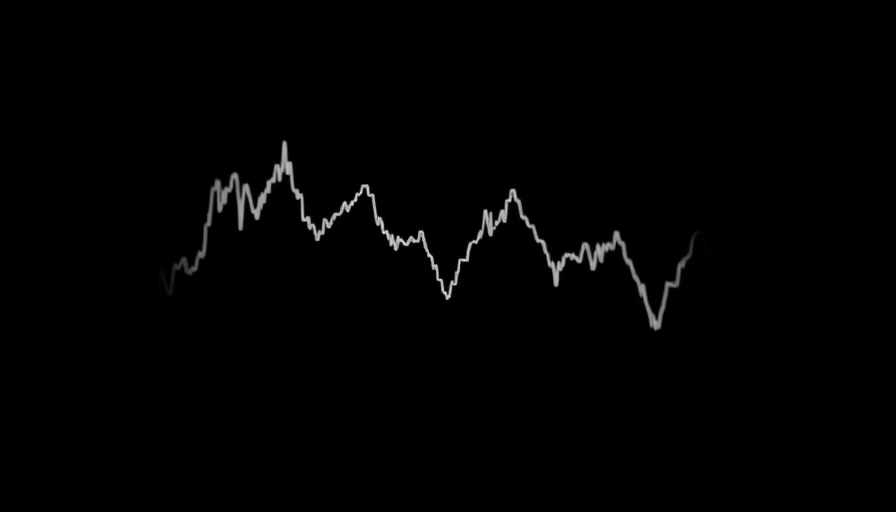
Global Markets Face Headwinds as Asian Stocks Set to Decline
The current mood on Wall Street is trickling down to Asian markets, casting a shadow over the investment landscape. After a rough session for U.S. equities, Asian stocks are bracing for a dip as traders and investors assess the fallout from a series of dynamic tariff updates and geopolitical uncertainties. Friday's trading session is already showing signs of volatility as futures for major indices in Australia, Japan, and Hong Kong indicate early losses.
Navigating the Ripple Effect of Tariff Policies
Markets reacted unfavorably after President Donald Trump's delayed tariffs on goods from Mexico and Canada, which were meant to exemplify a protective trade stance. This decision did little to alleviate concerns over trade relations and economic stability, as Wall Street saw the S&P 500 fall by 1.8%, plunging technology stocks in particular. As Chris Larkin from E*Trade pointed out, ongoing trade policies are profoundly influencing market performance. Until there is clarity on tariffs and their long-term implications, traders can expect a bumpy ride.
The Impact on Labor Market Insights
As the weekend approaches, the release of nonfarm payroll data is paramount. This data is vital for understanding the labor market's robustness, which has traditionally supported economic growth and household spending. Fed Chair Jerome Powell's upcoming appearance at a monetary policy forum will also be a key event, potentially influencing interest rates. Observers will be scrutinizing these metrics, as they could dictate the Fed's actions in response to shifting economic conditions.
Investment Strategies Amid Volatility
In light of ongoing market fluctuations, investors are increasingly looking for strategies that offer stability and potential growth. Portfolio diversification remains crucial, particularly in uncertain times. Those involved in financial planning should reevaluate asset allocation strategies, including investments in mutual funds and bonds, to hedge against market volatility. The uncertain atmosphere following tariff updates highlights the importance of risk management and adhering to a disciplined investment strategy that allows for adaptation amidst changing economic incentives.
Future Trends and Opportunities in Asian Markets
While the immediate outlook may appear daunting, savvy investors will recognize opportunities to enter markets at lower valuations. With Chinese Finance Minister Lan Fo’an indicating ample fiscal policy tools available, there is potential for future economic stimulus—hinting at an environment ripe for recovery. Understanding these elements can aid investors in maintaining financial independence and making informed decisions regarding retirement and wealth management strategies.
Preparing for Shifts in Market Sentiment
Recent data releases and Fed communications indicate a need for vigilance. For the astute investor, recognizing and preparing for shifts in market sentiment can be the key to successful investment. The current financial landscape makes it imperative to work with a financial advisor who can provide tailored strategies for effective investment planning, encompassing everything from estate planning to tax-efficient investing. Engaging with professionals can further cultivate an understanding of alternative investments and effective long-term wealth preservation strategies.
This complicated interplay of geopolitical factors, economic data, and policy shifts is indicative of the fluid nature of global markets. Now, more than ever, financial professionals must enhance their advisory roles by not only providing the necessary tools and resources but also by encouraging clients to maintain perspective and adapt to evolving market conditions.
 Add Row
Add Row  Add
Add 




 Add Row
Add Row  Add
Add 

Write A Comment